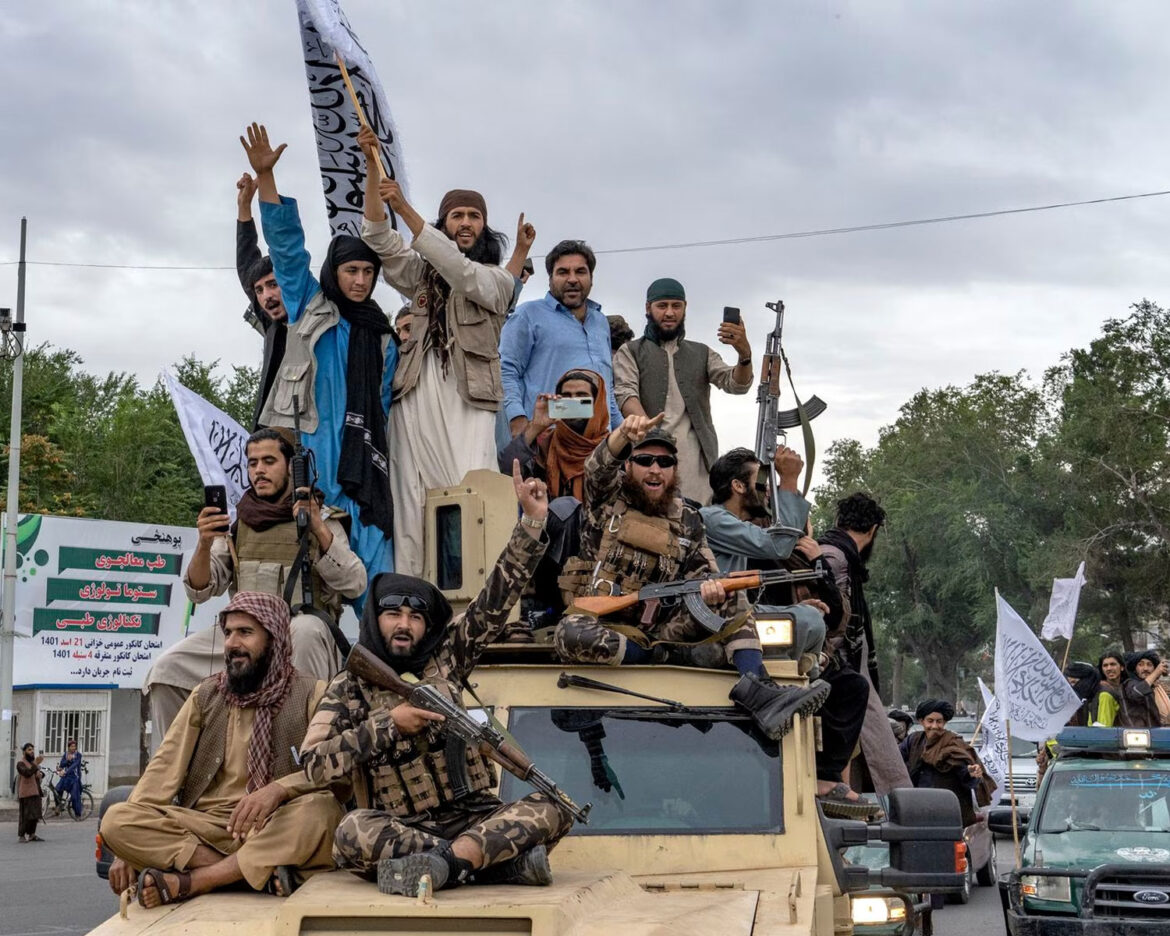On Tuesday, Afghanistan’s Taliban government marked the second anniversary of its takeover of the country with celebrations, a public holiday, and a defiant statement reflecting on their return to power. The capital, Kabul, was adorned with flags of the newly named Islamic Emirate of Afghanistan, while security checkpoints featured the same emblem. The Taliban’s rise to power on August 15, 2021, followed the collapse of the US-backed government and the exodus of its leaders into exile.
Over the past two years, the Taliban regime has enforced its strict interpretation of Islamic law, with women bearing the brunt of the resulting restrictions and laws, leading to accusations of “gender apartheid” by the United Nations. Despite international concerns and condemnation, the authorities in Kabul maintain their commitment to establishing an Islamic system in Afghanistan.
In their statement, the Taliban hailed their takeover of Kabul as a symbol of Afghan resilience and their victory over foreign invaders. They emphasized that Afghanistan’s proud nation cannot be controlled, and they vowed to defend the country’s independence and freedom against any potential threats.
The anniversary was marked by events across various cities, including a gathering at Massoud Square near the abandoned US embassy building in Kabul, where Taliban members celebrated with anthems and displayed their white flag inscribed with the Islamic declaration of faith. However, not all reactions were celebratory. In Herat, a crowd of Taliban supporters chanted anti-European and anti-American slogans.
A planned military parade in Kandahar was canceled by Supreme Leader Hibatullah Akhundzada, ruling by decree from the Taliban’s heartland, to avoid disturbing the public. Meanwhile, celebrations hosted by the education ministry were held at Kabul University, highlighting the ongoing lack of formal recognition of the Taliban government by other nations.
The Taliban’s rule has faced criticism on multiple fronts. The international community struggles with how to engage with the authorities, with women’s rights being a focal point of negotiations over aid and recognition. Despite assurances of a more lenient rule compared to their previous stint in power, UN experts expressed concern about the accelerated erosion of women’s rights and increasing marginalization.
Afghan women have demonstrated fear and despair over the loss of their rights since the Taliban’s takeover. While violence has decreased since the Taliban’s rise to power, the threat of the Daesh group remains, and tensions with neighboring Pakistan have escalated due to attacks along the shared border. The Taliban government has vowed not to allow Afghan territory to be used for staging attacks abroad, but the issue remains contentious.
As Afghanistan reflects on the second anniversary of the Taliban’s return to power, contrasting emotions pervade the nation. Some see August 15 as a day of liberation from conflict, while others view it as a somber reminder of the challenges that lie ahead, particularly for Afghan women who yearn for a restoration of their freedoms.



